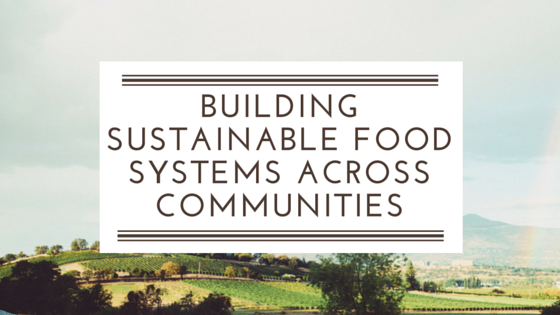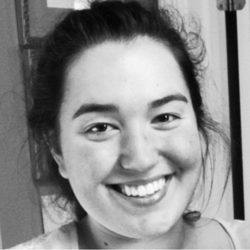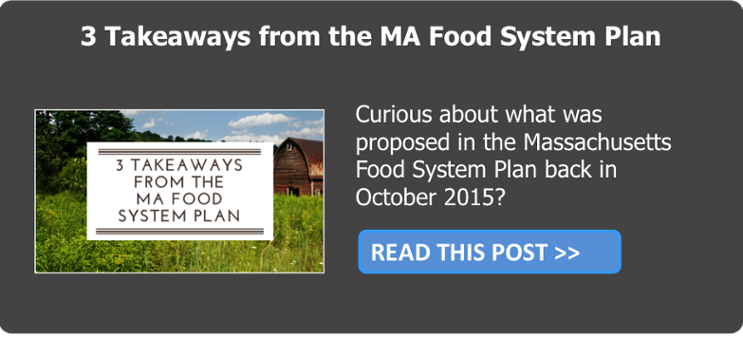
Urban, rural, and coastal food environments face different types of challenges in their communities, but across every type of landscape, one truth remains clear: food goes to waste everywhere. This often happens because food businesses and farms are disconnected from their local nonprofits and food rescue organizations. We’re on a mission to change that by creating connected food hubs throughout the country.
On March 16, the Spoiler Alert team had a unique look into two distinct communities on opposite sides of our home state, Massachusetts. One of our Co-Founders, Ricky Ashenfelter, headed west to Springfield, MA, a city at the heart of the Pioneer Valley known for its rich history, diverse population, and abundance of higher education institutions. The Center for Community Deliberation (in partnership with the University of Massachusetts and New England Public Radio) hosted a community meeting (including local food advocates, nonprofit representatives, business partners, and students) and invited our CEO to discuss how a food recovery platform could be implemented in their region to better manage food insecurity, along with our work with the Daily Table in Dorchester, MA.
“One of the drivers in organizing the event was that gleaning emerged as a priority in our previous deliberation that looked at the barriers and enablers in managing food loss and rescue in our community,” said Leda Cooks, Professor of Communication at the University of Massachusetts - Amherst. “Several people mentioned ways to connect various donors and recipients. Spoiler Alert could provide a multi-use platform for donors and recipients as well as policy makers and researchers looking at the food loss landscape. Also, mapping the connectors as well as the institutions that produce significant waste offers a significant lens into the ways food waste and recovery impact food system sustainability.”
Spoiler Alert user Debbie Rubenstein of Rachel’s Table also attended the event.
“With Spoiler Alert's partnership with food rescue organizations and food donors, we have the potential to significantly increase waste reduction and food distribution to our hungry neighbors,” said Rubenstein. “Providing an easy platform for both the food donors and the recipient agencies will ensure lots of participation and hence greater food distribution.”
Our other Co-Founder, Emily Malina, headed to the coast to speak at the Buy Fresh Buy Local Cape Cod March conference, which focused on growing a sustainable food system on the Cape. Farmers, commercial kitchen organizers, farmer’s market managers, and food pantry representatives joined our Chief Product Officer to discuss how food businesses, farms, and nonprofits on Cape Cod can use Spoiler Alert to sell or donate surplus food.
Building a sustainable food system on Cape Cod #buyfreshbuylocalcapecod #foodspoileralert
Posted by Buy Fresh Buy Local Cape Cod on Wednesday, March 16, 2016
“The farmers and food industry professionals that make up the membership of Buy Fresh Buy Local Cape Cod are part of a growing local community that believes in supporting and encouraging cooperation among Cape Cod’s farms, working waters, businesses and citizens,” said Rebecca Yavner-Westgate of Cape Cod Cooperative Extension. “Spoiler Alert is an exemplar of this sustainable collaboration. The hands-on presentation and personal guidance of the platform empowered our members to recognize and utilize the power of technology to create success for food businesses and farms, while delivering hunger relief for those in need within our community.”
What are the challenges of food recovery in your area? Comment below.
.png?width=250&name=SpoilerAlert_WhiteLogo_LeftStacked%20(7).png)

